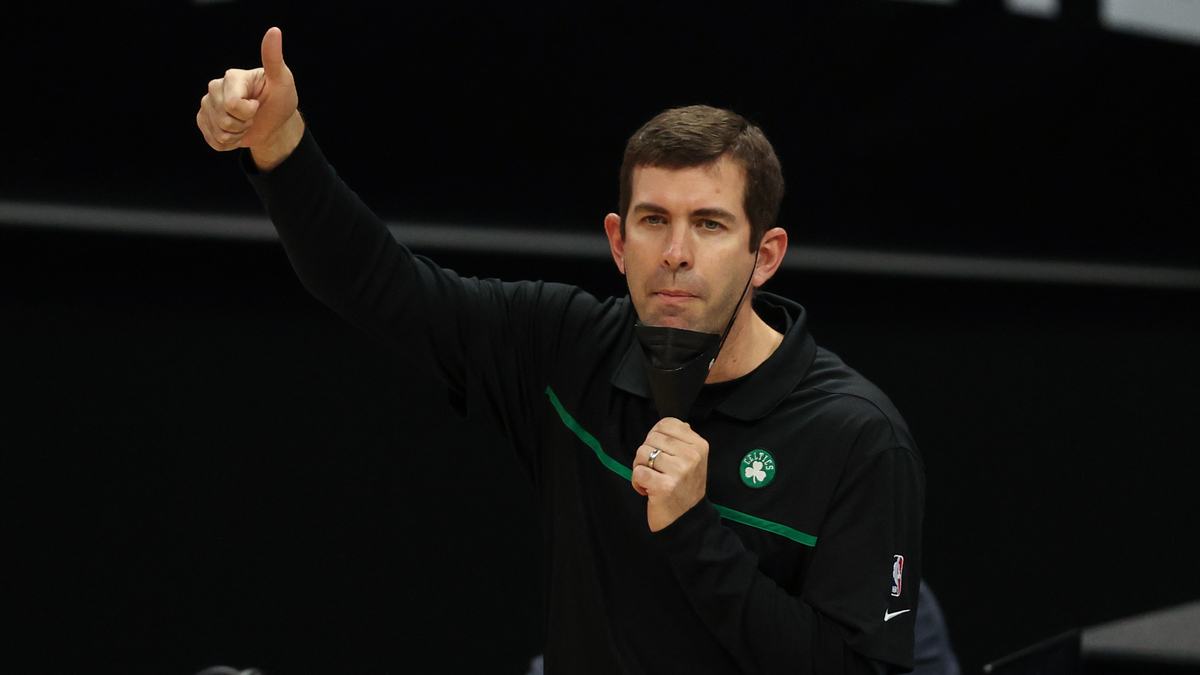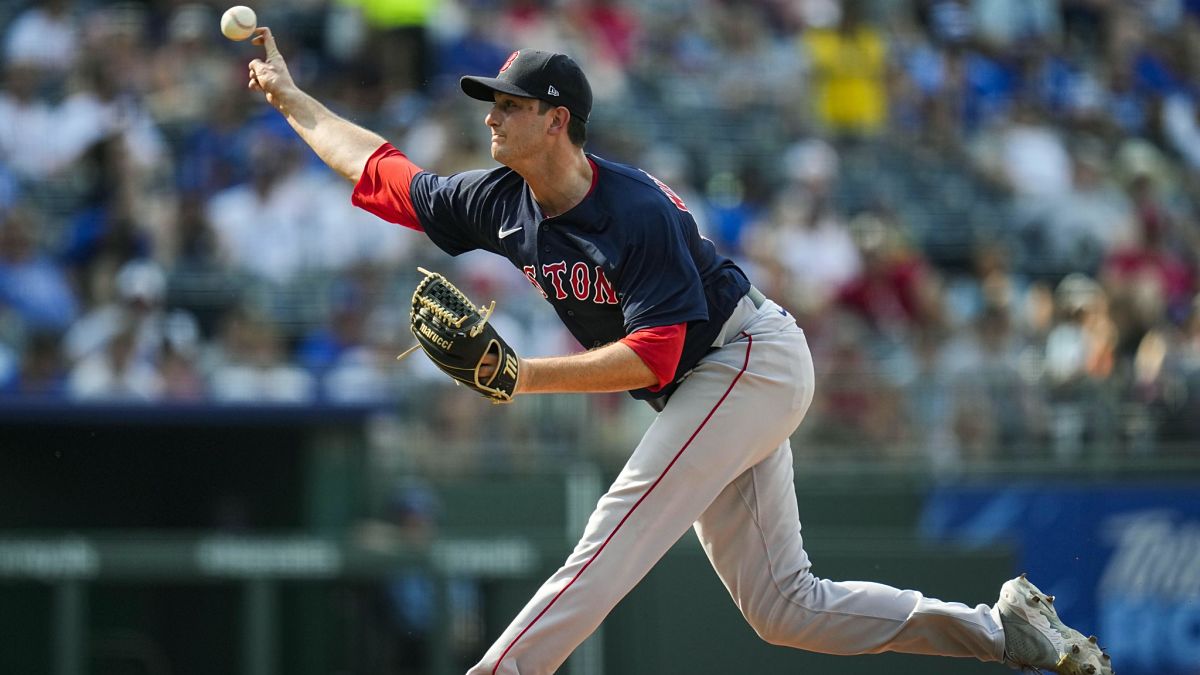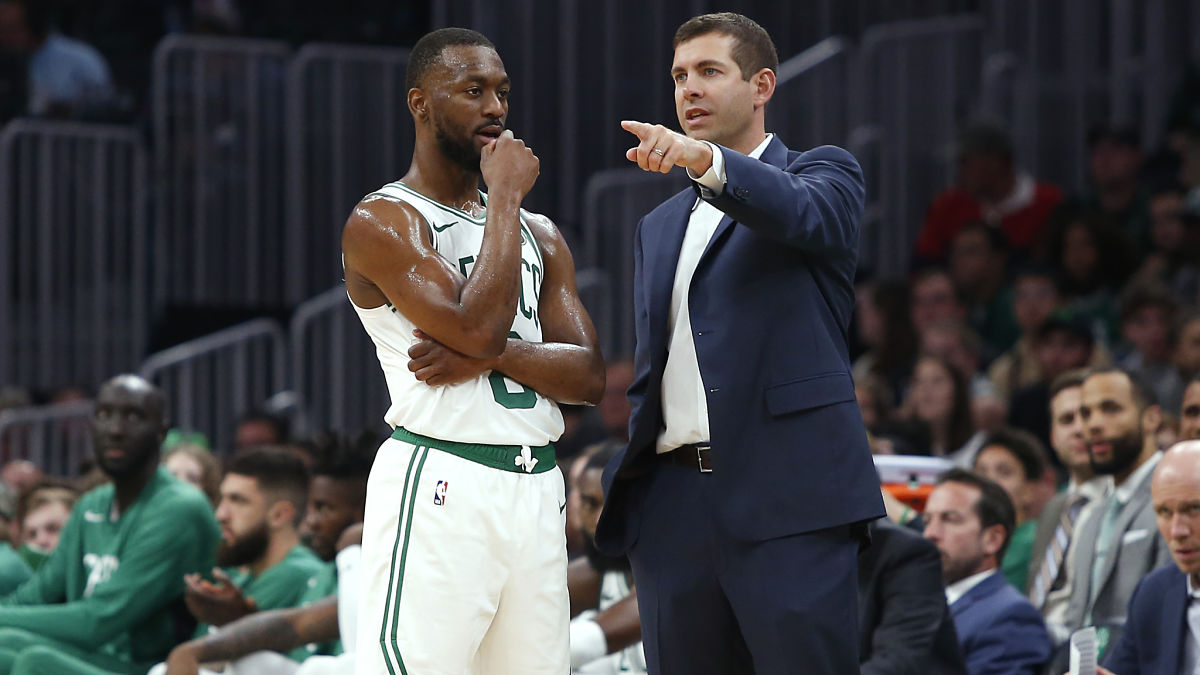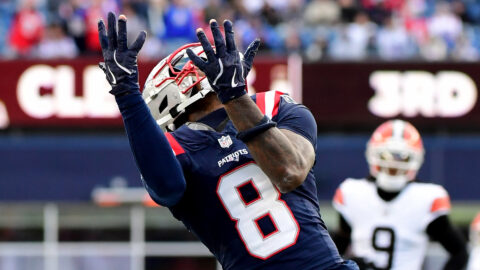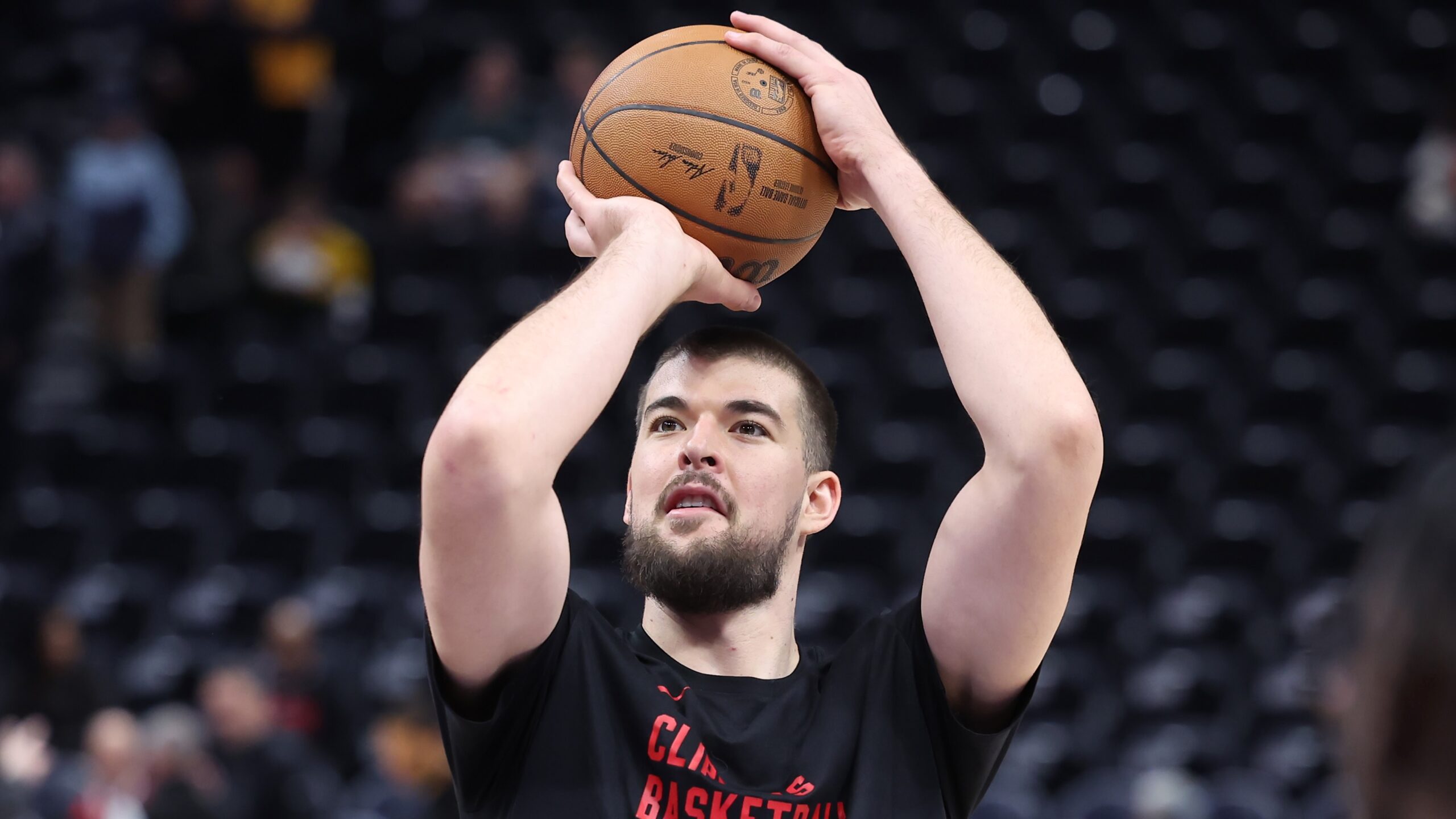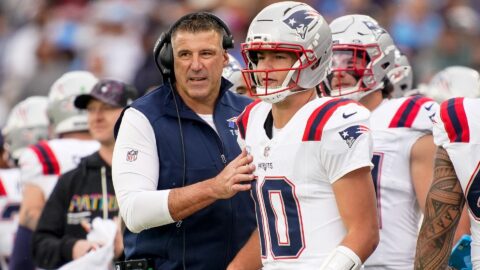Let's give credit where it's due when it comes to the Celtics and Kemba Walker: They did a pretty good job of hiding their discontent with each other.
The Celtics unloaded Walker, his balky knees and massive contract last week in a trade with the Oklahoma City Thunder. The following days, unsurprisingly, featured no shortage of reports detailing a growing rift between team and player.
Perhaps we should have known there was more there than met the eye. The Celtics reportedly "tried like hell" to trade Walker before the most recent NBA trade deadline. That reportedly didn't sit well with Walker, who also had a supposedly contentious relationship with then-head coach Brad Stevens. When it was all said and done, divorce was inevitable.
While it might seem like the Celtics' efforts to trade Walker -- whenever they actually started -- was the catalyst for a deal, the rift might have started last summer as the NBA got ready to resume its 2019-20 season in the Walt Disney World bubble. When the NBA season hit the COVID-19 pause, Walker's nagging knee problems were persistent.
According to The Ringer's Bill Simmons, the Celtics hoped Walker would be able to do strengthening exercises on his own and return to play feeling better. Alas, that's not how it went down.
"They gave him all these exercises to try to keep working -- and I didn't see this reported anywhere, but I think I talked about it last year," Simmons said on his podcast recently. "They gave him all these exercises and stuff to work on his knee, so that -- because the trainers couldn't be in the same room with anybody -- so it was like, 'Hey, you've gotta work on this and do all this stuff.' And from what I heard, he didn't do it. When he came back to the bubble and were about to play (again), his knee was in the exact same shape it was before the pandemic and then they basically had to do two months to try to get him in condition to play these playoff games."
To Walker's credit, he played in each of the Celtics' 17 playoff games in Orlando, and he was good at the outset. He averaged 24 points per game while playing nearly 33 minutes a night in a first-round sweep of Philadelphia. He then shot 49 percent from the floor in the first five games of the Toronto series before really falling off. In the final two games against the Raptors and the entire six-game series loss to Miami, Walker shot just 39 percent from the floor while averaging 17 points per game during a stretch in which the Celtics went 3-5.
"I think that was when the discontent started," Simmons continued. "It wasn't from the Kemba side. I think it was from the Celtics' side initially. They just felt they spent all this money on this guy who had a bad knee, and he didn't take care of it before the bubble."
Simmons continued: "You could argue if he was any better in the Toronto or Miami series, they make the Finals if he was even 80 percent Kemba. He just wasn't healthy. I think from that standpoint, they're either like, 'This guy didn't work on his knee correctly or his knee is degenerative. Either way, we're in trouble and have to get off this asset before the league figures out he's not an asset anymore.' Now, a year later, they have to dump him with a first-round pick."
If that is the case, you could see where the Celtics were coming from. That being said, Boston also was the one to sign an aging Walker and his knee problems to a massive contract. In the end, the C's weren't able to move on from him before it became clear he was relatively damaged goods, and that's why Stevens -- in his first move calling the shots -- had to part with a first-round pick to make the necessary move.

